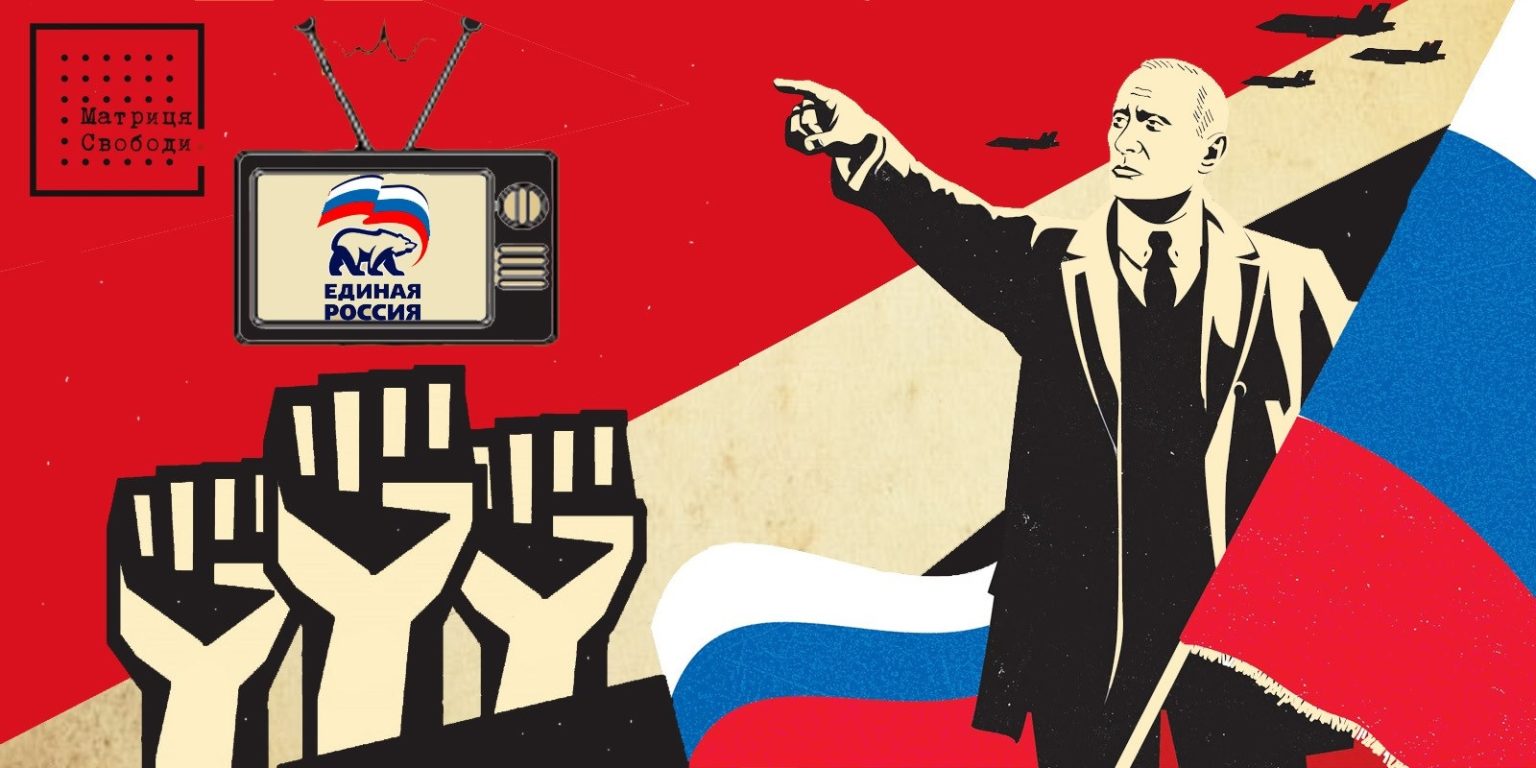Listen to the article
Russia Shifts War Strategy: Massive 54% Increase in Propaganda Budget Despite Defense Cuts
The Russian Federation is dramatically expanding its information warfare capabilities while simultaneously cutting back on conventional defense spending, according to Ukraine’s Minister of Foreign Affairs Andriy Sybiga. The minister revealed that Moscow plans to increase its propaganda budget by a record 54% for 2026, even as it reduces overall defense expenditures.
“Such a step demonstrates the true priorities of the aggressor state: suffering defeats on the battlefield, the Kremlin is trying to compensate for this with a large-scale disinformation campaign,” Sybiga stated in comments shared on the ministry’s official Facebook page.
The strategic pivot highlights Russia’s evolving approach to the ongoing conflict with Ukraine. As military progress stalls along a largely static frontline, Moscow appears to be doubling down on information warfare as a cost-effective alternative to conventional military operations.
“In the 21st century, words are no less powerful weapons than missiles or tanks, and that is why the fight for truth in the information space is gaining strategic importance,” Sybiga emphasized. This assessment aligns with observations from military and intelligence experts who have noted Russia’s sophisticated use of disinformation campaigns throughout the conflict.
The Ukrainian foreign minister stressed that strengthening information resilience remains a critical priority for Kyiv. “The state’s ability to effectively protect its interests and counter Russian aggression in the communications sector depends on it,” he noted.
Military analysts observing the conflict report that despite ongoing operations, the front line has remained remarkably stable in recent months. Experts predict this stalemate is likely to continue, with neither Ukrainian nor Russian forces expected to achieve significant territorial gains in the next six months.
This budget reallocation comes at a pivotal diplomatic moment in the conflict. According to reports, Moscow has rejected a ceasefire initiative proposed by the U.S. administration. The proposal was reportedly part of preliminary discussions ahead of an anticipated meeting between the U.S. and Russian presidents, expected to take place in Budapest in the coming weeks.
Russia’s increased focus on propaganda reflects a broader trend in modern warfare where information operations increasingly complement or even substitute for kinetic military action. The substantial budget increase suggests the Kremlin may be preparing for a protracted conflict where public opinion—both domestic and international—will play a decisive role.
Security analysts note that Russian propaganda efforts have several objectives: undermining Western support for Ukraine, demoralizing Ukrainian citizens, and bolstering domestic support for the war within Russia. These campaigns frequently target social media platforms and utilize sophisticated techniques including deepfakes, coordinated inauthentic behavior, and strategic amplification of divisive narratives.
For Ukraine, countering this enhanced propaganda push presents significant challenges. The country has developed robust fact-checking networks and media literacy programs since 2014, but these resources are strained by the scale and sophistication of Russian disinformation operations.
International media watchdogs have documented Russia’s expanding information warfare capabilities since the full-scale invasion began in February 2022. These operations extend well beyond Ukraine’s borders, targeting audiences across Europe, Africa, and the Americas with tailored messaging designed to undermine support for Ukraine and create political divisions within Western alliances.
As both sides prepare for what appears to be a long-term conflict, this shift in Russian strategy suggests Moscow is increasingly focused on winning the information war even as military progress remains elusive.
Fact Checker
Verify the accuracy of this article using The Disinformation Commission analysis and real-time sources.




10 Comments
Given Russia’s struggles on the ground, it’s not surprising to see them double down on information warfare. But a 54% increase in the propaganda budget? That’s a staggering figure. It speaks to the Kremlin’s desperation to shape the narrative, even as their military campaign falters.
You’re absolutely right. Propaganda is a powerful tool, but it can’t hide the reality of Russia’s failures in Ukraine. The international community must continue to call out Russian disinformation and support the flow of accurate information.
So Russia is cutting defense spending but massively increasing its propaganda budget? That’s quite a strategic pivot. Clearly they see information warfare as crucial to their long-term goals, even as their military campaign stalls.
It’s a concerning development. Propaganda can be just as dangerous as missiles, especially in the digital age. Ukraine and its allies will need to stay vigilant against Russian disinformation efforts.
It’s clear that Russia sees information warfare as a critical component of its overall strategy, even as its military campaign stalls. The decision to increase the propaganda budget by 54% while cutting defense spending is a bold and troubling move. Ukraine and its allies will need to work hard to counter these disinformation efforts.
Absolutely. Russia’s focus on propaganda highlights the importance of maintaining a free and open information space. Countering disinformation will be crucial in the ongoing conflict, and the international community must remain committed to this effort.
Interesting shift in Russia’s wartime priorities. Focusing more on propaganda and information warfare rather than conventional military operations. Speaks volumes about the challenges they’re facing on the ground in Ukraine.
You’re right, it seems like a desperate attempt to compensate for their lack of progress on the battlefield. Propaganda is a powerful weapon, but it can’t win a real war.
This news highlights the importance of maintaining a free and open information space, especially in times of conflict. Russia’s focus on propaganda is a troubling sign, and the international community must remain committed to countering it.
This shift in priorities is a concerning development. While conventional military operations are costly and difficult, information warfare can be a more cost-effective way to try to achieve strategic objectives. The international community must remain vigilant against Russian propaganda efforts.